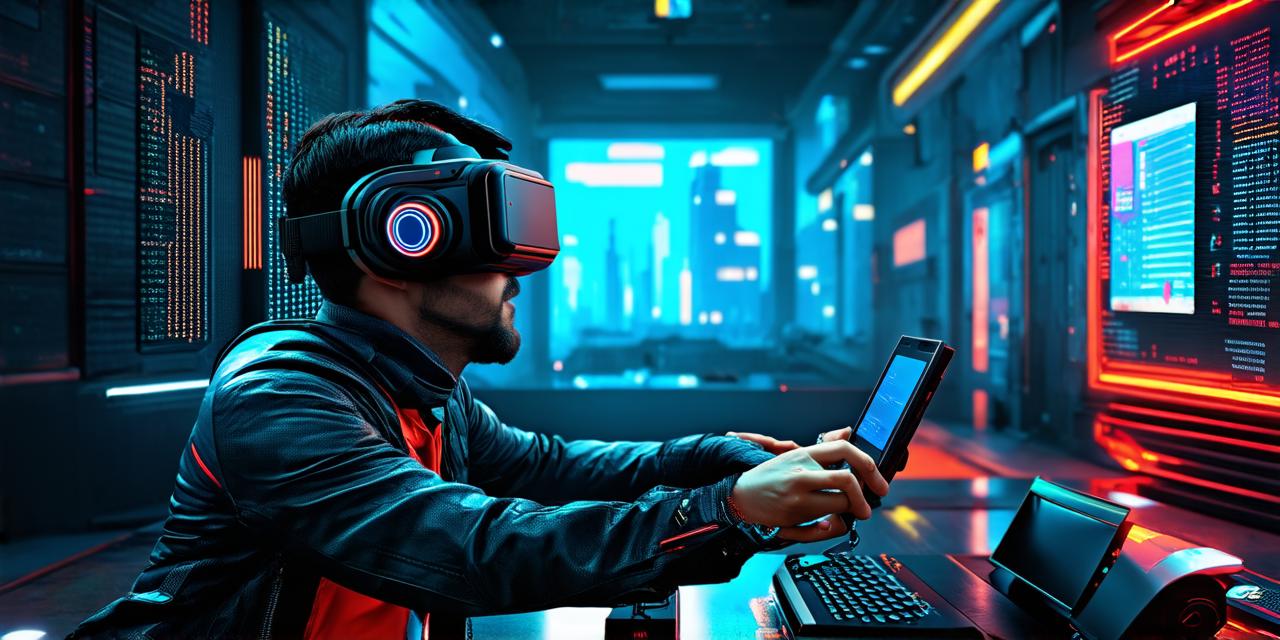Virtual Reality (VR) technology has been advancing rapidly in recent years, with significant potential for economic impact across a range of industries. VR technology involves creating immersive digital experiences that simulate real-world environments or create entirely new worlds.
The Economic Impact of Virtual Reality Technology
Virtual reality technology is still in its early stages, but its potential for economic impact is already evident in several industries. Here are some of the ways VR technology can affect the economy:
-
Healthcare
-
Real Estate
-
Manufacturing
-
Tourism
1. Healthcare
VR technology has been used to create simulations that allow doctors and surgeons to practice procedures without risking patient lives. This technology has the potential to revolutionize medical training, which could result in lower healthcare costs and improved patient outcomes.
Additionally, VR technology can be used to treat patients suffering from anxiety disorders, post-traumatic stress disorder (PTSD), and other conditions that can benefit from immersive therapy. This could also lead to cost savings for the healthcare system, as it may reduce the need for traditional therapy sessions.
2. Real Estate
Virtual reality technology has the potential to revolutionize the real estate industry by allowing buyers and sellers to experience properties in a more immersive way. This can result in increased sales and faster transactions, which could benefit both buyers and sellers.
Real estate companies can use VR technology to create virtual tours of properties, allowing buyers to explore properties from the comfort of their own homes. This could also help reduce the need for physical property viewings, which could lead to cost savings for real estate companies.
3. Manufacturing
Virtual reality technology can be used to simulate production processes and test new designs before they are implemented in the real world. This can result in improved efficiency and reduced costs, as manufacturing companies can identify and address issues early on in the design process.
Additionally, VR technology can be used for remote collaboration, allowing teams from different locations to work together on projects in a virtual environment. This could lead to cost savings for manufacturers, as it may reduce the need for travel and other expenses associated with remote work.
4. Tourism
Virtual reality technology has the potential to transform the tourism industry by allowing people to experience travel destinations from the comfort of their own homes. This could result in increased demand for virtual experiences, which could benefit tourism companies and local economies.
Tourism companies can use VR technology to create virtual tours of hotels, resorts, and other tourist attractions. This could also help reduce the environmental impact of tourism by reducing the need for physical travel.
Summary
Virtual reality technology has significant potential for economic impact across a range of industries. As the technology continues to advance, it is likely that we will see more and more applications emerge in various sectors. The economic benefits of VR technology are already evident in healthcare, real estate, manufacturing, and tourism, and it is likely that other industries will also benefit from this technology in the future.
